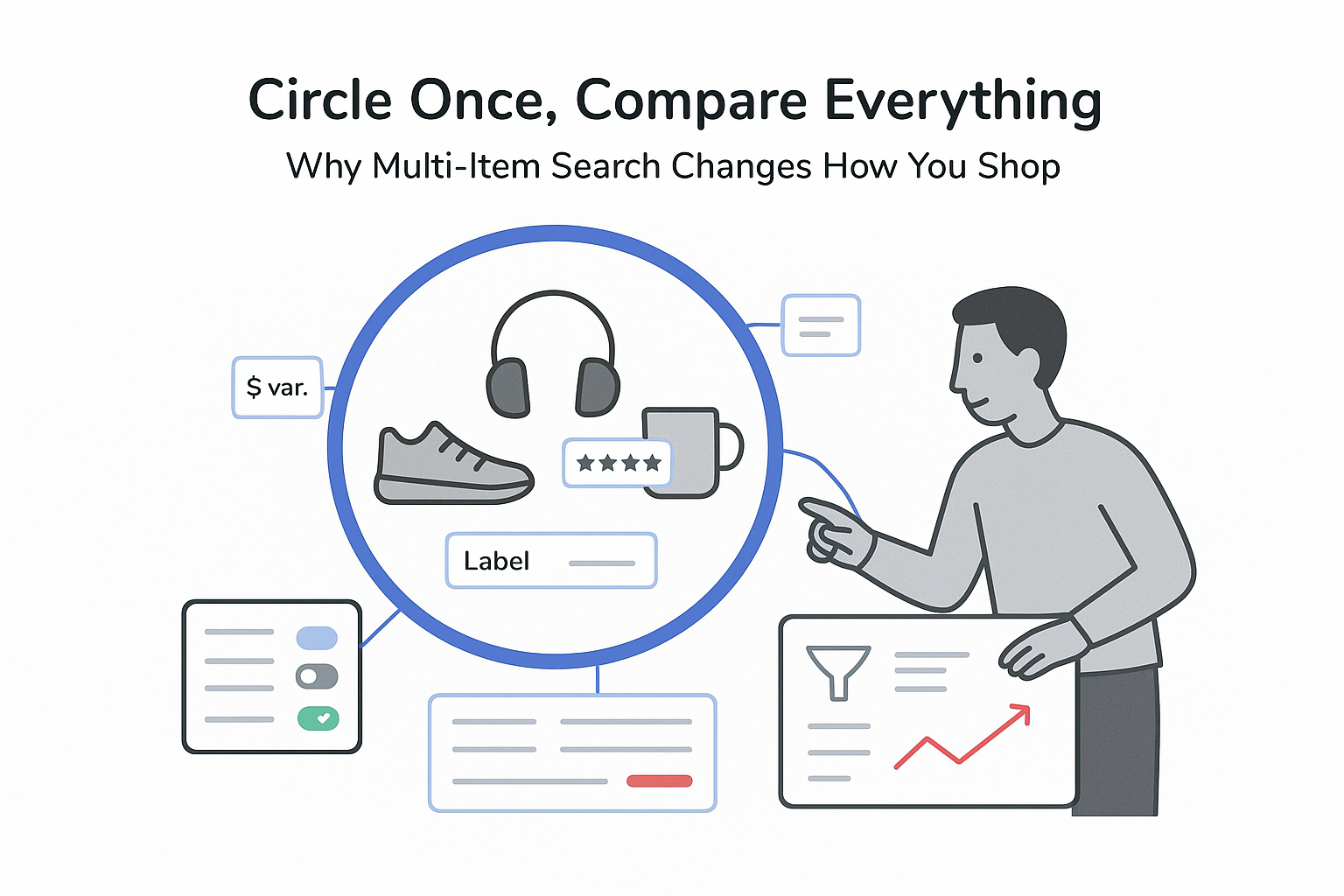Google has clarified that CSS class names never influence how pages rank. In a new Search Off the Record episode, two of the company’s search advocates explained why class attributes matter only for styling and offered fresh advice on avoiding CSS-related indexing problems.
Google confirms CSS class names do not affect SEO
During a recent podcast episode of Google's Search Off the Record, engineers Martin Splitt and John Mueller stated that CSS class names have zero impact on search rankings. Splitt noted that the class attribute exists solely for styling, and Googlebot ignores it when parsing a page. Mueller added that a site could rename every class to "blurb" without altering its position in search results.
Key details on CSS and search ranking
The same episode outlined ways improper CSS can still hurt a site's visibility and performance:
- Text injected with
:beforeor:afteris invisible to Googlebot and screen readers. - Decorative pseudo elements are fine as long as they do not contain meaningful copy.
- One example site used CSS to prepend “#” symbols to headings; Google never saw those symbols during indexing.
- HTTP Archive data shows the median mobile stylesheet now tops 68 KB, and very large files can delay rendering, affecting Core Web Vitals.
- Google recommends keeping stylesheets crawlable so pages render exactly as users see them.
Background on CSS, pseudo elements, and Google rendering
Web standards separate structure (HTML) from presentation (CSS). Pseudo elements let designers insert decorative content without extra markup, but real text placed inside these selectors never appears in the DOM and remains unreadable to search engines. Google's documentation on blocked resources stresses that crawlable stylesheets are essential for accurate rendering, mobile friendliness evaluation, and hidden-content detection.
Sources
- "CSS and SEO" – Google Search Off the Record podcast
- "Blocked resources" – Google Search Central documentation







.svg)